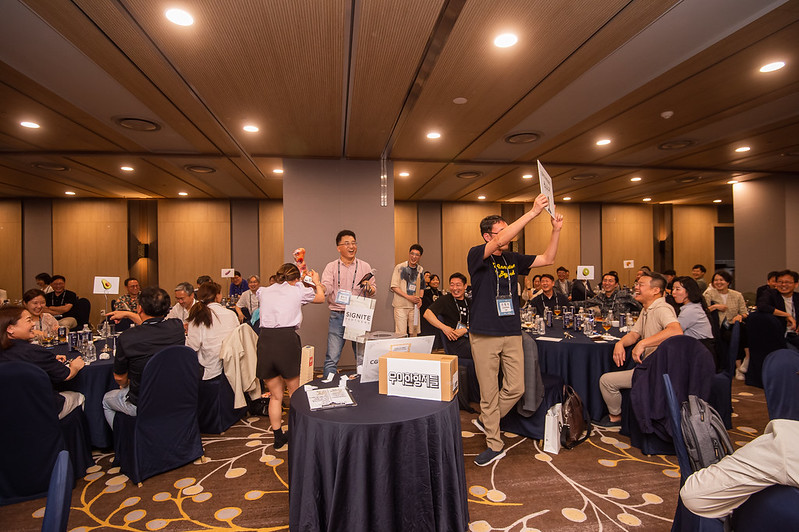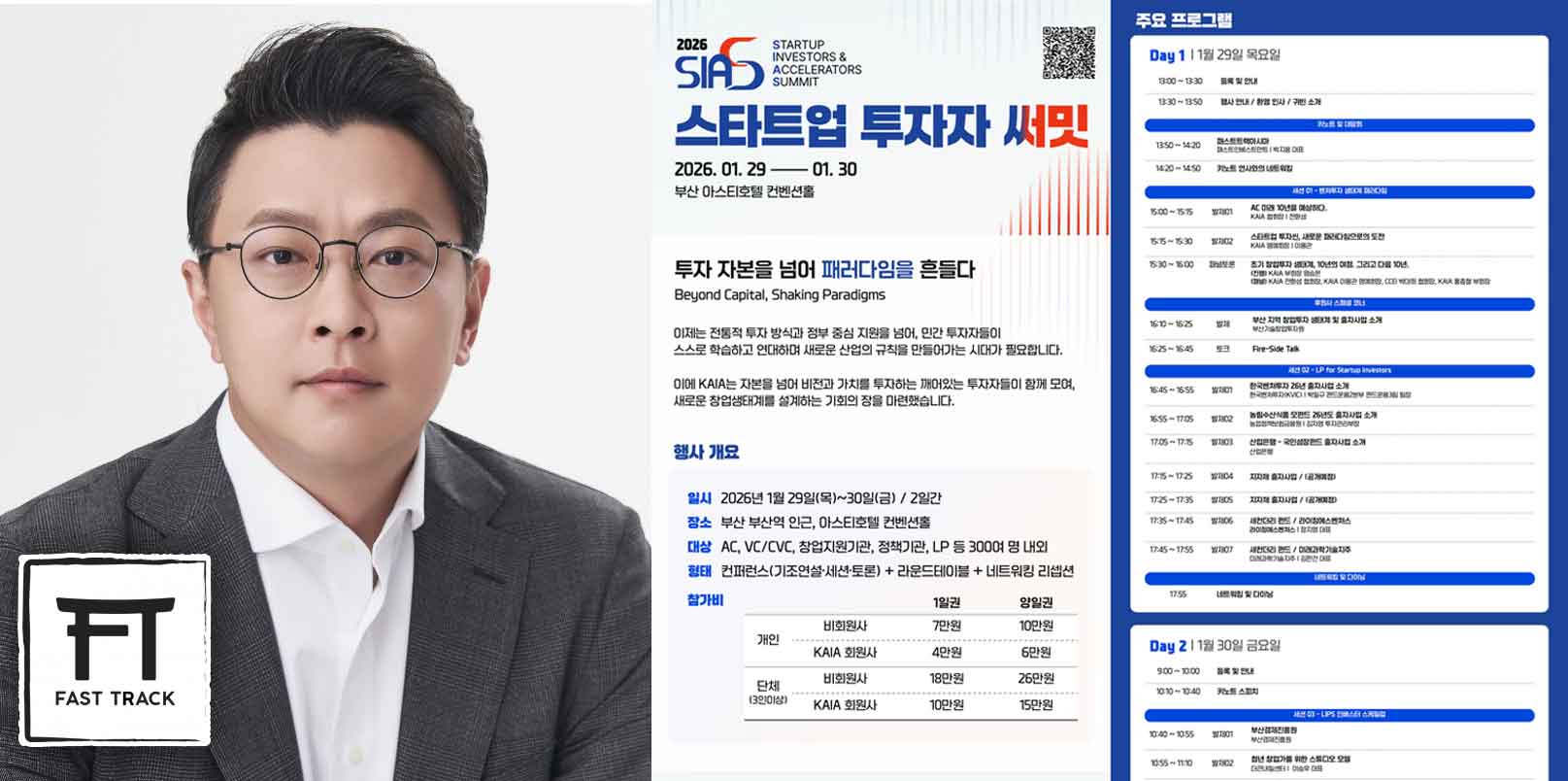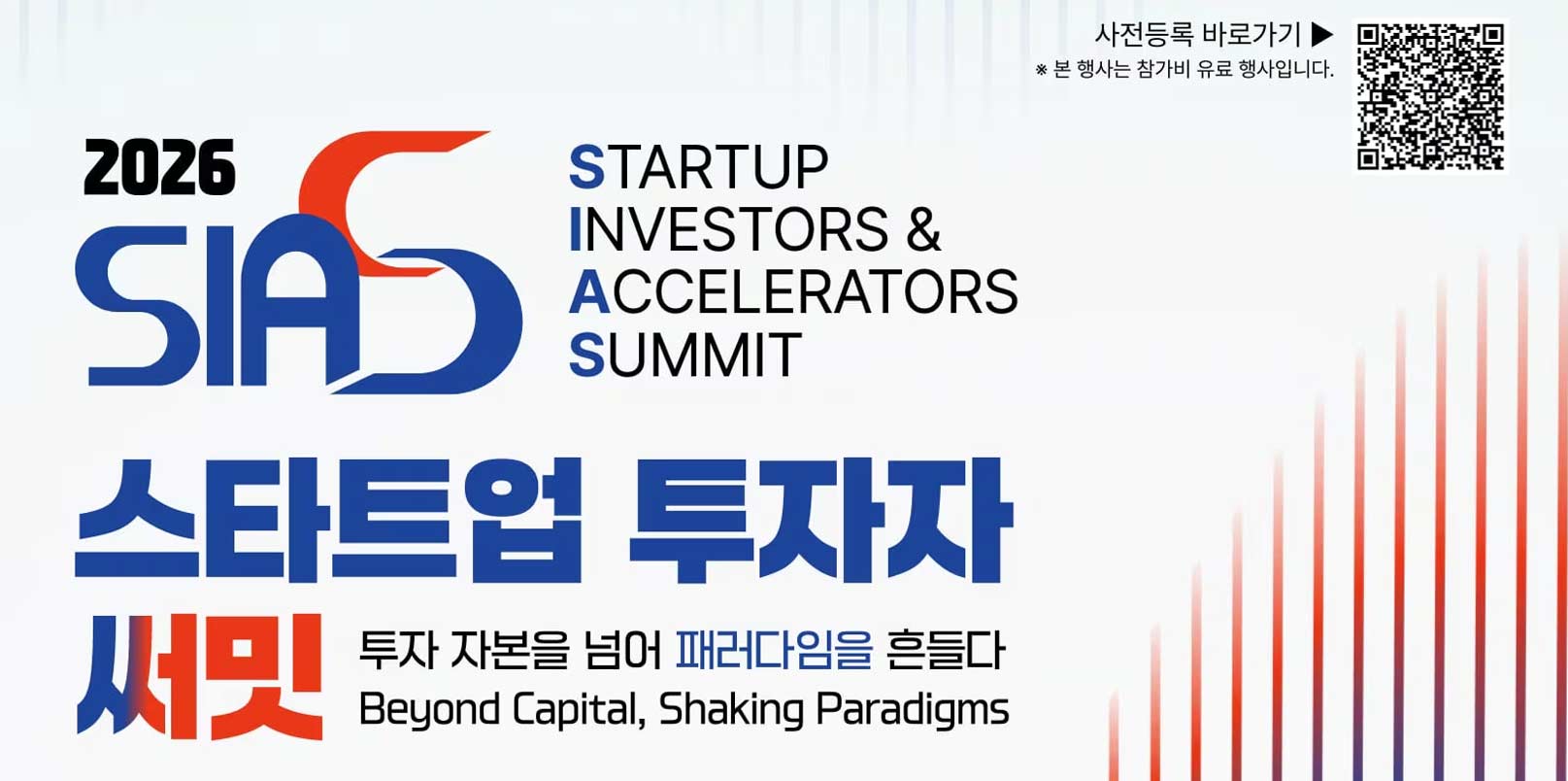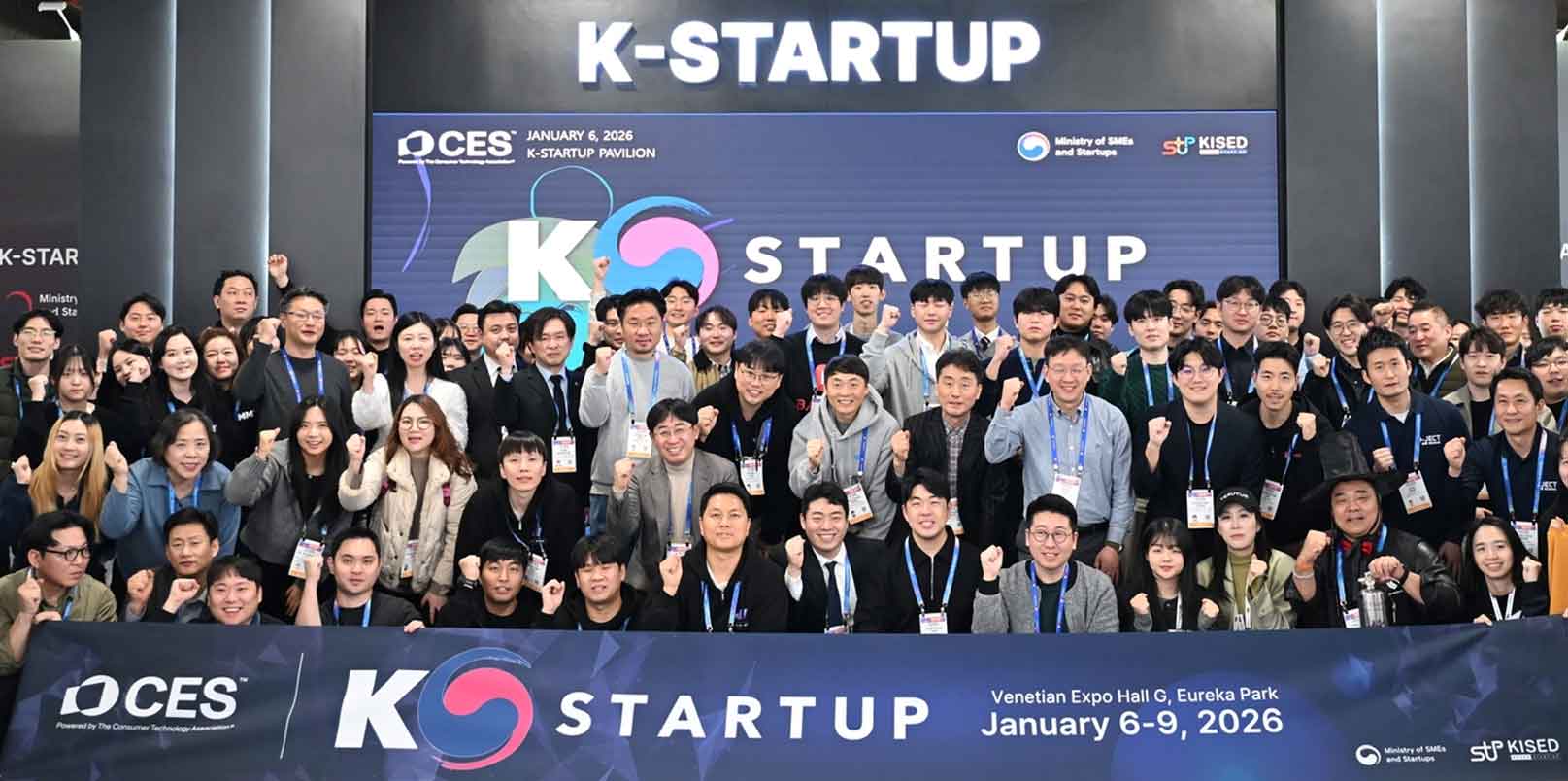The Startup Ecosystem Conference 2023, organized by the Startup Alliance, kicked off in Jeonju brings together startup founders, venture investors, and ecosystem supporters to discuss the current state of the startup ecosystem. With a focus on the challenges startups face in attracting investment, industry experts shed light on the investment landscape in South Korea and globally. The event is being held this year at Lahan Hotel in Jeonju Hanok Village on June 8th and 9th.
On June 8th, Jeollabuk-do Governor Kim Gwan-young presented the startup policy at the ‘Startup Ecosystem Conference 2023’, attended by about 300 domestic and foreign investors and policy experts. Governor Kim stated, “Entrepreneurship is a fundamental means for a region to have its own dynamism. A high-quality startup ecosystem is being created in Jeollabuk-do, and there are excellent companies. At the provincial level, we are doing our best to create an environment in which businesses can do business. We ask for a lot of interest from investors.”
The Startup Ecosystem Conference 2023 forum addressed various topics related to Korea’s current startup scene and explored ways to enrich the ecosystem further.
During the conference, participants expressed concerns over the difficulty of attracting investment, citing a frozen startup investment market since the second half of the previous year. The first quarter of this year witnessed a significant decrease of about 60% in new domestic investments compared to last year. The overall scale of new domestic investments in 2022 decreased by approximately 20% compared to 2021, reflecting a global trend of decreased investment by 30-35%. While investment resources are steadily increasing, with the total amount of venture investment association contracts reaching about 51 trillion won in 2022, the market uncertainty remains a burden for investors.

VCs Facing Investment Challenges in a High-Risk Market
There were talks about challenges faced by Venture Capitalists and Investors. For VCs, the surplus of available investment funds, known as “dry powder,” has become a concern.” VCs are expected to utilize their funds within a specific time frame, known as the “operating period.” However, in the current market, where corporate valuations are being adjusted, interest rates are rising, and investment returns are declining, VCs find themselves facing increased risks with diminishing returns,” summarized Choi Hang-jip, head of the Startup Alliance Center. Notably, 79% of domestic investors admitted to lacking the capacity to invest, exacerbating the wealth gap among VCs.
Global Investment Trends Reflect Economic Volatility Kim Yong-hyun, CEO of Envisioning Partners, highlighted the economic volatility of the past decade, stating that it has influenced global markets and created a low-growth structure. Global venture investment has experienced five consecutive quarters of decline since its peak in the fourth quarter of 2021. “The fundraising environment has become challenging, and corporate valuations have undergone a period of decline,” Kim stated. However, Kim also emphasized the need for startups to focus on securing cash flow and profitability amidst this new normal.
Areas of Opportunity in Challenging Times
Despite the challenging investment landscape, discussions were held about promising areas for startups to explore. Themes like the field of generative AI, exemplified by ChatGPT, and cybersecurity, which appears to be less influenced by the economic situation, were explored. The climate crisis talk too garnered attention as an unchanging trend, with capital and markets expected to focus on companies addressing environmental concerns.
Jeollabuk-do’s Efforts to Foster a Startup Ecosystem
Jeollabuk-do, in its quest to create a startup ecosystem, showcased its commitment at the conference. Governor Kim Gwan-yeong expressed his intention to establish an entrepreneurial ecosystem in Jeollabuk-do, introducing policies such as a 1 trillion won startup fund, the creation of a K-startup village centered around Jeonju Hanok Village, community revitalization, and attracting overseas startups. Jeollabuk-do aims to innovate the domestic startup ecosystem and secure a place in the top 100 emerging startup ecosystems within the next eight years.
The Startup Ecosystem Conference continues to provide a platform for startups and ecosystem supporters to collaborate, share insights, and discuss strategies to foster a thriving startup ecosystem.
Universities, Semiconductors, and Population Issues Take Center Stage on Day 2
On the second day of the Startup Ecosystem Conference 2023 on June 9, organized by the Startup Alliance in Jeonju, industry leaders discussed key topics, including the role of universities in fostering entrepreneurship, the potential of the semiconductor industry, and addressing population challenges through innovative startups.
Jang Dae-ik, chair professor (dean) of Gachon University Entrepreneurship College, who established Transverse, the operator of the non-face-to-face education platform ‘Evoclass’, emphasized the need for universities to transition into entrepreneurial hubs, offering continuous education for lifelong learning and experimentation
Professor Jang Dae-ik pointed out, “If you can learn the mindset and skills to plan services and receive education to create your own business from your early 20s, your life will be different. Entrepreneurship education is very important in the process of designing and preparing your entire life. ”
Lee Ji-hyo, CEO of Fado, a semiconductor fabless startup, highlighted Korea’s semiconductor expertise, stressing the industry’s significance in areas such as AI. He stated, “Unlike other countries, Korea has sufficiently accumulated interest in semiconductors, human resources, and capabilities. However, in the US, there is a big gap in capabilities as well as demand and supply of semiconductors. These factors became an opportunity for us to start the semiconductor business.”
Lee Yong-kwan, CEO of Startup Accelerator (AC) Bluepoint Partners, discussed the concept of “DMF” (Demographic Product Market Fit) for startups to address population-related challenges and find innovative solutions. CEO Lee Yong-gwan explained, “In the past, it was possible to scale up a startup targeting a specific target, but in the future, we need to find a DMF that reflects the demographic structure. Even if it is a market that is meaningful now, if the population decreases, that meaning may diminish.”
The conference demonstrated the vibrant and forward-thinking nature of the Korean startup ecosystem, with discussions centered around empowering universities, leveraging semiconductor expertise, and innovating in response to population-related challenges.






